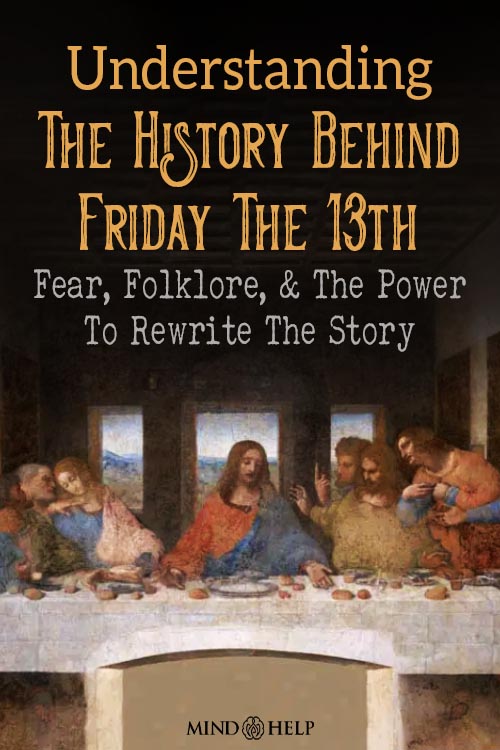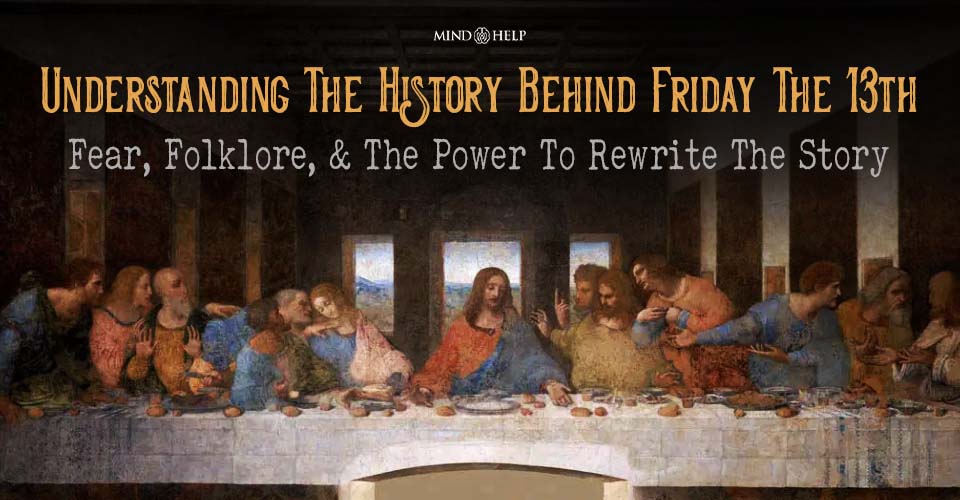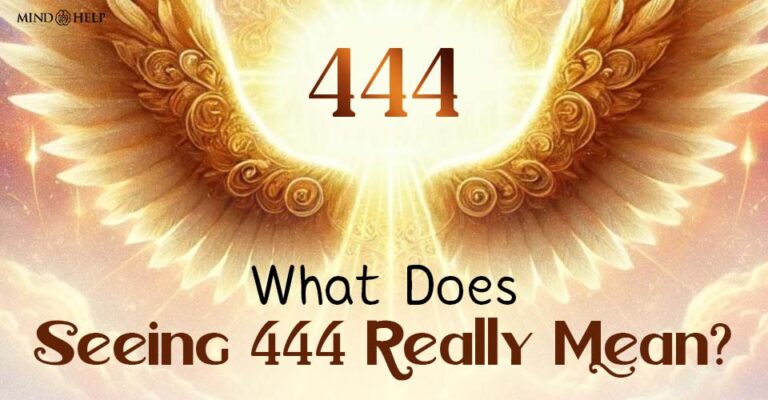Friday the 13th is here. Nervous? Counting down the hours till it’s over? What if I told you that instead of dreading this date, you could actually celebrate it—once you know the truth behind its dark reputation? Let’s uncover the history behind Friday the 13th.
If you avoid big decisions or feel uneasy on this day, you’re not alone. There’s a widespread sense of unease tied to Friday the 13th—so much so that there’s even a name for the fear: friggatriskaidekaphobia (don’t worry, we’re afraid of pronouncing it too). But what if this fear wasn’t natural at all? What if it was deliberately passed down through generations to distort cultural truth and spiritual power?
Many people avoid the number 13 as if it carries a curse, and Friday the 13th has become a day of caution. But the origins of this fear reveal a different story—one shaped by myth, power struggles, and cultural suppression.
Read: Fear Of 13? These 6 Signs Mean You Might Have Triskaidekaphobia
Where It All Began: History Behind Friday The 13th
Let’s dig deeper into the Friday the 13th superstition origin:
The Knights Templar
One popular theory links Friday the 13th to October 13, 1307, when King Philip IV of France orchestrated the mass arrest of the Knights Templar, accusing them of heresy to seize their wealth. Hundreds were tortured, falsely accused, and executed—casting a long shadow over the date and igniting centuries of myth and mystery.
The Last Supper
Christian tradition also plays a role. Judas, the disciple who betrayed Jesus, was said to be the 13th guest at the Last Supper, leading to Jesus’s crucifixion on a Friday—a tragic alignment that further cemented the day’s cursed reputation.
Norse Mythology
In Norse legend, the trickster god Loki disrupted a divine banquet as the 13th guest, resulting in the death of the beloved god Balder. Chaos and misfortune followed—fitting the Friday the 13th narrative eerily well.
Numerology
In many cultures, the number 12 symbolizes completeness (12 months, 12 zodiac signs, 12 apostles). In contrast, 13 is seen as irregular, unsettling—an outlier. This imbalance fueled superstitions over time.
The Forgotten Truth: Pagan Wisdom and the Divine Feminine
Perhaps the most powerful (and overlooked) origin of this superstition lies in pagan and Wiccan traditions, where 13 is a sacred number tied to the Divine Feminine, moon cycles, and earth-based spirituality. With 13 lunar cycles in a year, the number represented life, renewal, and balance.
Traditional covens often included 13 members, and the number was deeply woven into goddess worship. As patriarchal systems gained dominance, this symbolism was deliberately demonized—branding 13 as “unlucky” was a subtle but strategic way to suppress feminine power and ancient wisdom.
A Superstition Becomes a Self-Fulfilling Prophecy
The fear of Friday the 13th is more than superstition—it becomes self-reinforcing when we allow it to shape our thoughts and choices. When we expect bad things to happen, we’re more likely to notice small mishaps and misread them as confirmation of the curse.
To flip this script:
- Learn the true origins—fear fades with understanding.
- Use mindfulness (breathing, walking, journaling) to stay grounded.
- Challenge yourself: set a personal or professional goal for this day.
- Laugh it off: humor lightens fear. Share a funny meme or joke—laughter really is the best diffuser.
- Take inspiration from history: Apple launched its 5th generation iPod on Friday, October 13, 2006—a bold move that paid off.
By shifting your mindset, you reclaim the narrative. Fear loses its grip when we face it head-on.
Choose Strength Over Fear
At its core, Friday the 13th is just a date. Its power over us exists only if we give it meaning. When we explore the history behind Friday the 13th, question the fear, and replace old narratives with informed perspectives, we reclaim not just the day—but a part of our personal power.
So this Friday the 13th, let’s make a quiet deal with ourselves: to stop hiding and start seeing it as a symbol of awakening, not doom. Because the stories we believe shape the lives we live—and we get to choose how that story ends.








